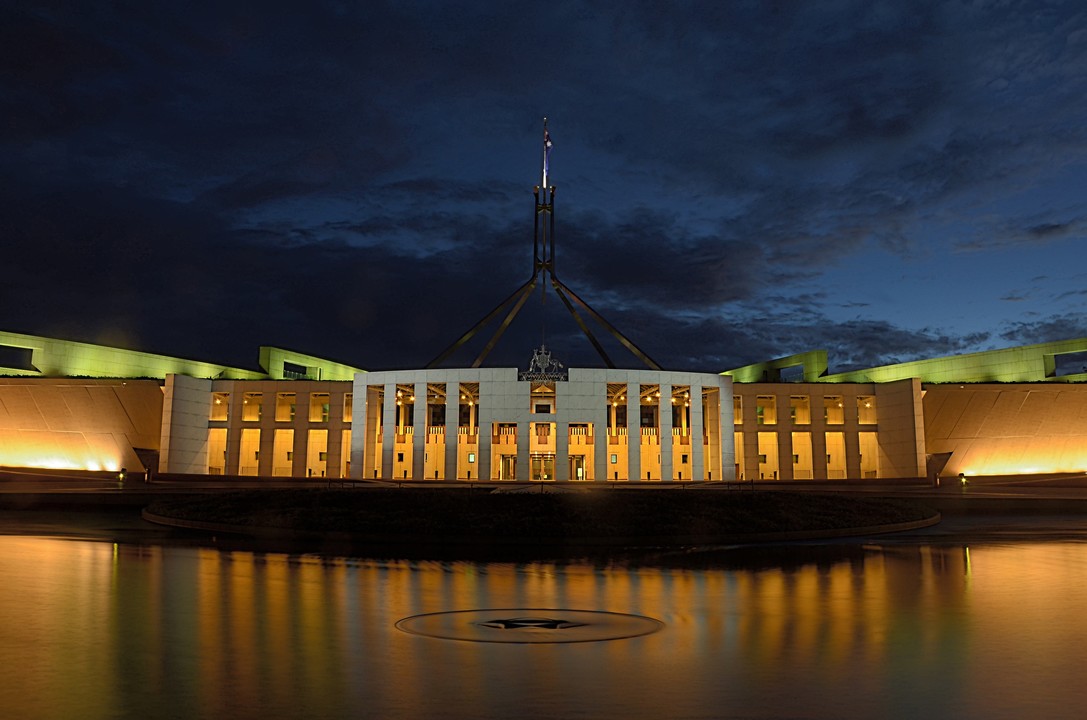The Federal Election has delivered an unexpected return to power for the LNP, which was expected to narrowly lose to the Labor party right up until the polling booths closed on the weekend.
However, it was clear as counting began that the LNP were set to win by a considerable margin, with 76 seats secured at the time of writing.
The question now remains – what will the election mean for businesses looking for government funding?
I’ve broken down the key policies that will affect businesses the most, from exporters to researchers and renewable energy innovators.
Is your business exporting? Additional $60 million promised for the Export Market Development Grant (EMDG)
Since 2014 the LNP had promised to fully restore EMDG funding to pre-GFC levels, however it wasn’t until this year that a formal commitment of an additional $60 million over three years was made.
The Liberal Party has emphasised its support particularly for exports in manufacturing, mining, farming and service providers.
The EMDG is the most successful economic stimulus initiative ever introduced into the Australian parliament, with $40 of export income generated for every dollar spent on EMDG funding.
EMDG allows businesses exporting into eligible markets to claim a 50 per cent rebate on eligible expenses (net of the first $5k), up to $305,000 per year for eight years. This means if you have spent $305,000 on eligible expenses, you are entitled to $150,000 in cash each claim.
EMDG allows you to claim your international marketing expenses and can include the cost of attending trade shows, including airfares and accommodation for staff, salaries of marketing and sales consultants based overseas, Facebook and Google advertising and much more.
Application for EMDG FY19/20 will open on July 1, 2019. You can speak to an Avant Group consultant about your eligibility and how to commence your application.
Climate Change, Renewable Energy & Waste Management
Despite being known for not embracing renewable energy as much as other political parties, the Liberal government is aiming for a third of Australia’s electricity to come from renewables by the early 2020s.
This means opportunities for government funding for businesses working in these areas.
A few key policies include:
– $6.4 billion for the Clean Energy Finance Corporation to fund 110 projects
– $1.36 billion for the Australian Renewable Energy Agency (ARENA) for renewable energy projects, including energy storage, exporting for renewable hydrogen and integrating renewables into the grid
– $20 million investment through the Cooperative Research Centres Project (CRC-P) for innovative solutions for recycling plastic and managing waste
– $20 million Product Stewardship Investment fund to accelerate work on recycling schemes
$1 billion for Australian Business Growth Fund
In the lead up to the election, the Liberals pledged it would team up with banks and superannuation funds, in order to give small businesses access to a $1 billion capital fund.
The Australian Business Growth Fund would only be able to be accessed by high-potential businesses, or SMEs with an annual turnover between $2-$50 million.
We await further details about this program; with both ANZ and Westpac publicly expressing skepticism about whether the fund can reach its targeted $1 billion through public and private funding.
The R&D Tax Incentive – will the proposed changes pass the Senate?
The 2018 Federal Budget announced significant changes to the Research & Development (R&D) Tax Incentive, including rebates that will be determined by a businesses’ turnover and R&D activity levels.
The proposed changes include reducing the refund from 43.5% to 41% for SMEs with a turnover of less than $20 million. Whereas businesses with more than $20 million turnover will have their rebates based on the level of R&D ‘intensity’, i.e. R&D activity as a % of total activity. This could reduce the refund for these businesses to as low as 4%.
Keep in mind – these changes were proposed at parliament last year but were blocked by the Senate. There has also been significant criticism of these changes from key leaders in the science and innovation community.
Whether these measures will ever pass the Senate, will be a matter of wait and see.
To date, there have been no changes made to the current R&D Tax Incentive legislation. For further information about this program, view a full breakdown here.
